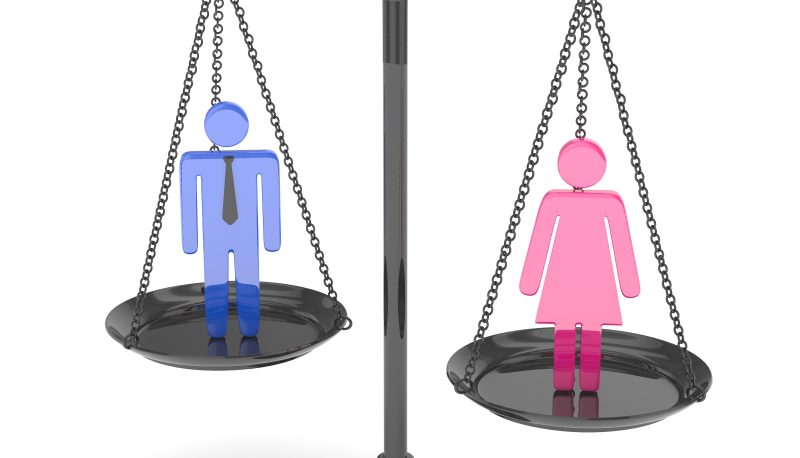Today, April 2, is Equal Pay Day, which marks how much longer the average woman in the United States must work to catch up to men’s wages in 2018.
The gender wage gap has hardly moved over the last decade. This year’s Equal Pay Day serves as yet another reminder that our country still has a long way to go toward equal pay for equal work, especially for Black women and other women of color, LGBTQ+ people, and mothers.
The average full-time working woman is paid 80 cents for every dollar a white, non-Hispanic man earns, but once race and ethnicity are factored into the equation, the gap widens for women of color: Black women are paid just 61 cents; Native American women are paid 58 cents; and Latinas are paid just 53 cents for every dollar of a man’s wages.
And mothers who work full-time make 71 cents for every dollar paid to fathers. The gender wage gap also affects LGBTQ+ people: women in same-sex couples have a median personal income of $38,000 compared to $47,000 for men in same-sex couples. And transgender women’s wages fall by nearly a third after they transition.
Despite the massive gains women have made in educational achievement and workforce involvement in the last several decades, unequal pay is a pervasive issue that persists throughout women’s careers. It’s estimated that the average woman with a 40-year career will lose $430,480 in income over her lifetime.
Attempts to close the gender wage gap have been introduced in Congress many times. On March 27, the Democratic-led House of Representatives passed the Paycheck Fairness Act. This bill strengthens existing pay gap protections, bans employers from relying on candidates’ salary histories, makes it easier and safer for women to discuss their wages and whether they earn less than their male colleagues, and requires employers to be more transparent about how much they’re paying their employees.
Pay equity is far from a partisan issue—it’s rooted in American values like equality and fairness. It’s time for us to make these values a reality, because every American deserves equal compensation for equal work.
